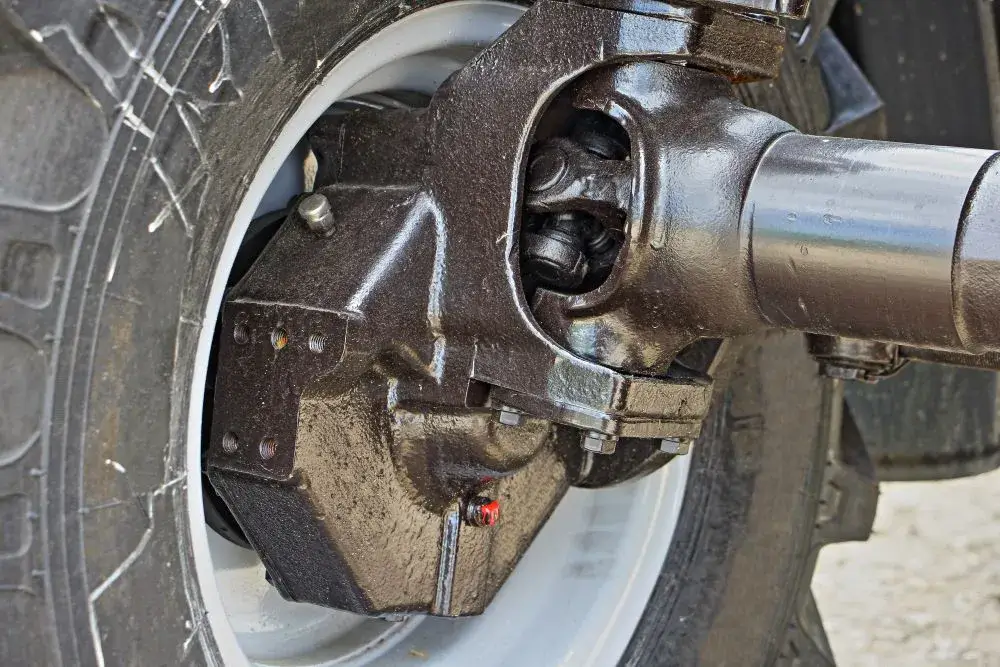Agricultural Oil: Types, Uses & Choosing the Right Oil for Your Farm
28 Mar 2024

Oil and lubricants play an essential role in the agriculture industry. Without them, tractors, harvesters, and other farm equipment and machinery would grind to a halt. Learning a little bit more about farm lubricants can therefore go a long way in protecting not only your equipment, but the food production industry as a whole.
Here we’ll cover the different types of oils and lubricants in agriculture, their benefits, and how to use them to enhance the performance and longevity of your machinery.
What are agricultural lubricants for?
The majority of agricultural machinery, such as tractors and combine harvesters, are powered by a diesel engine. Despite this, each piece of equipment has unique needs when it comes to performance and fuel efficiency.
Agricultural lubricants are specially formulated to address the needs of multiple pieces of equipment, helping them run smoothly in a range of climates and situations.
Just like cars and trucks, agricultural equipment relies on more than just engine oil. Most machinery also requires transmission fluid, protecting the gear systems, and hydraulic oils, which help transfer power through hydraulic systems while reducing friction.
Using the right lubricant for each application is essential in preventing damage and maintaining the peak performance of your machine.
In harsh agricultural environments that are rife with dust, dirt and moisture, farm lubricants and fluids have an even more essential role to play in guarding against wear, tear, rust and corrosion.
Different types of lubricants in agriculture
Agricultural engine oils
Protecting the integrity of a wide range of agricultural machinery, engine oil is used in everything from tractors to combine harvesters. Each type has an engine with specific oil requirements, from diesel engines with high-pressure fuel injection systems to fuel-efficient petrol engines.
When choosing the right engine oil for your agricultural equipment, viscosity is crucial. Choosing the right viscosity grade for engine oil as recommended by the equipment manufacturer is important for efficient operations.
You should consult your vehicle manual to find out exactly what type of engine oil is best suited to your needs, but most quality agricultural lubricants will have advanced anti-rust, anti-corrosion, wear and deposit protection.
Our agricultural engine oils are specially designed to withstand the toughest environmental conditions, with a range of products to protect your farm equipment.
Gear and transmission oils

In addition to engine oil, tractors and agricultural machinery need quality transmission oil to handle high and heavy loads for prolonged periods. Transmission oils for tractors, harvesters, seeders and so on require quality anti-wear properties, excellent oxidation resistance to protect against rust, and good brake lubrication abilities.
To prevent fluid stockpiling, most farmers prefer to use a universal tractor transmission oil such as Gulf UTTF. This is a tractor hydraulic oil and transmission oil in one, because it can be used in both systems and responds to different challenges presented by various equipment types.
Greases

Farm equipment is often exposed to a wide range of harsh weather conditions as well as regular heavy loads. Agricultural grease creates a protective film to protect the internal components of the machinery from contamination while also minimising friction.
Greases are essential in maintaining the hard-to-reach equipment parts, providing long-term protection against wear and tear.
We have developed high-performance agricultural greases designed to offer a multi-purpose solution to the challenging conditions they face. This includes everything from extreme-pressure formulas for heavy loads to versatile applications for smaller-scale operations.
Crop Protection Oils
Crop protection is a crucial component of agricultural practices. As the global population grows, there is an increasing need to enhance crop yields to sustainably feed the world. This task is complicated by frequent plant disease outbreaks, which can reduce production and jeopardise the stability of supply chains.
In response to this challenge, Gulf has introduced the high-quality Gulf Agri Organic Spray oil. This product safeguards even the most delicate crops and is ideal for organic farming. As a wildlife-friendly and biodiversity-preserving solution, it enhances sustainability, boosts overall crop productivity, and fosters healthier yields. This ensures both the quality and volume of each harvest, allowing producers to protect their crops while also safeguarding worker health, machinery, and local ecosystems.
How to use farm lubricants for peak performance
Routine maintenance tips
Staying on top of a routine maintenance schedule is essential to enhance the performance and longevity of your equipment. Checking your engine oil regularly, topping up if necessary and changing the oil according to the manufacturer’s recommendations can go a long way in maintaining your equipment and preventing unnecessary downtime. The same goes for transmission and hydraulic oils.
Creating a maintenance schedule and sticking to it ensures your equipment is always running at peak performance. It also saves you a huge amount of time and hassle, reducing operating costs and unnecessary repairs, and enhancing the value of your machinery.
Choosing the right farm lubricants
While it's tempting to try and cut costs when choosing agricultural fluids for your operation, it’s important to think about the long term.
High-quality agricultural oils will offer a far higher return on the investment than poor-grade ones ever will, extending the lifespan of your equipment and maximising fuel economy and minimising operating costs.
Safe handling and disposal
When the time comes to change your tractor oil, or simply check and top up your fluid levels, don’t forget to protect yourself too with the appropriate gloves and goggles. Used oil and other farm lubricants should be disposed of responsibly at a designated drop-off centre or recycling point.

